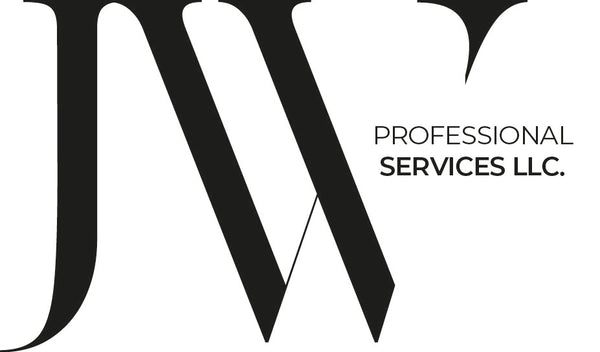BOI Requirements
As of January 1, 2024, the Financial Crimes Enforcement Network (FinCEN) has implemented new Beneficial Ownership Information (BOI) reporting requirements under the Corporate Transparency Act (CTA). These regulations aim to enhance transparency in business practices, making it more challenging for illicit actors to conceal activities through anonymous corporate structures. For professionals in accounting, bookkeeping, and business incorporation services, understanding and adhering to these requirements is crucial to ensure compliance and support clients effectively.
Understanding Beneficial Ownership Information (BOI) Reporting
BOI reporting mandates that certain entities disclose information about individuals who own or control at least 25% of the company. This includes providing personal details such as name, date of birth, residential address, and an identifying number from an acceptable identification document (e.g., passport or driver's license). The goal is to create a transparent database that assists law enforcement in combating financial crimes like money laundering and terrorism financing.
Entities Subject to BOI Reporting
The reporting requirements apply to a wide range of entities, including corporations, limited liability companies (LLCs), and other similar entities created by filing a document with a secretary of state or similar office. However, there are 23 specific exemptions, covering entities such as certain financial institutions, large operating companies meeting specific criteria, and inactive entities. It's essential for professionals assisting in business incorporations to determine whether a client's entity falls under the reporting mandate or qualifies for an exemption.
Key Deadlines and Compliance
As of yesterday, the deadline to submit initial BOI reports is now March 21, 2025. Entities formed or registered on or after January 1, 2024, must file their BOI reports within 30 days of formation or registration. Additionally, if there are changes in the reported information, such as a change in ownership or control, entities are required to file updated reports within 30 days of the change.
Implications for Accounting and Bookkeeping Professionals
Professionals in accounting and bookkeeping play a pivotal role in guiding businesses through these new compliance requirements. Accurate record-keeping and timely reporting are essential to avoid potential penalties, which can include fines and legal repercussions. By integrating BOI reporting into regular compliance checklists and workflows, professionals can ensure that their clients remain in good standing with regulatory obligations.
Best Practices for Ensuring Compliance
- Educate Clients: Inform clients about the new BOI reporting requirements and their responsibilities.
- Assess Applicability: Review each client's business structure to determine if they are subject to BOI reporting or qualify for an exemption.
- Collect Necessary Information: Gather and verify the required information for each beneficial owner, ensuring accuracy and completeness.
- Timely Reporting: Establish internal deadlines to ensure BOI reports are filed within the required timeframes.
- Maintain Records: Keep detailed records of all submitted reports and any related correspondence for future reference.
Navigating the Reporting Process
Filing BOI reports involves submitting information to FinCEN through their secure online portal. While entities can file reports independently, many may seek assistance from professionals to ensure accuracy and compliance. It's important to note that while third-party service providers can assist in preparing and submitting reports, the responsibility for compliance ultimately rests with the entity.
Staying Informed
The regulatory landscape is continually evolving. Professionals should regularly consult FinCEN's official resources and updates to stay informed about any changes to BOI reporting requirements. Engaging in continuous education and training will equip professionals with the knowledge to navigate these complexities effectively.
Conclusion
The introduction of BOI reporting requirements marks a significant shift towards greater transparency in business operations. For those involved in accounting, bookkeeping, and business incorporations, understanding and implementing these requirements is essential. By adopting proactive measures and best practices, professionals can ensure compliance, support their clients effectively, and contribute to the broader effort of combating financial crimes.
